Land is one of Africa’s most valuable assets, underpinning agriculture, housing, and economic growth. Yet, land administration across the continent remains fragmented, inefficient, and prone to disputes. An Integrated Land Management Information System (ILMIS) offers a transformative solution- a unified digital platform connecting land registration, surveying, valuation, and planning within one transparent ecosystem. By digitizing and linking these processes, ILMIS ensures equitable access to land, secure tenure, and better land-use planning- all crucial for sustainable development and inclusive growth.
Globally, countries like Estonia, Singapore, and the Netherlands have pioneered integrated land systems that unify cadastral, registration, and valuation data through interoperable platforms. These systems enable real-time property tracking, automate registration, and maintain secure, accessible records for citizens, investors, and government agencies.
In contrast, Africa still struggles with manual, paper-based registries and limited interoperability between land agencies, resulting in overlapping claims and prolonged disputes. According to the World Bank, nearly 90% of rural land in Africa remains undocumented, leaving millions of smallholders without legal ownership rights or access to credit. This lack of secure tenure undermines productivity and discourages long-term investment. While countries such as Kenya, Ghana, Rwanda, and Tanzania have initiated digital reforms, full integration of registries, cadastres, and spatial data remains a work in progress. This gap presents a powerful opportunity for African nations to leapfrog traditional systems and adopt integrated, technology-driven land management frameworks aligned with global standards and local realities.
.jpg)
Challenges Facing Land Management in Africa
Despite growing recognition of its importance, Africa’s land governance ecosystem faces multiple challenges.
- Fragmented Data and Institutions: Separate databases and manual records across departments result in data inconsistencies and inefficiencies.
- Low Digital Readiness: Limited ICT infrastructure and technical capacity hinder large-scale digital transformation.
- Land Disputes and Insecurity: Overlapping claims, informal transactions, and unclear boundaries lead to frequent disputes and loss of trust.
- Policy and Legal Gaps: Outdated land laws and lack of harmonized regulations make digital integration difficult.
- Financial Constraints: Implementing digital land systems requires sustained investment, which remains a challenge for many developing economies.
These issues have direct implications for economic growth and social stability. Without transparent and accessible land systems, Africa risks continuing cycles of land conflict, underinvestment, and inequitable resource use.
.jpg)
Why Africa Needs Integrated Land Management Information Systems
An Integrated Land Management Information System can fundamentally reshape how Africa manages its most vital asset. By connecting land registration, survey, and planning data into a single digital platform, ILMIS establishes clarity of ownership, transparency in transactions, and trust among citizens and investors. Secure and verified digital titles provide farmers and homeowners with legal confidence, enabling them to use their property as collateral to access finance.
Moreover, ILMIS promotes efficient land-use planning by integrating spatial data and environmental parameters. Governments can monitor urban growth, prevent encroachments, and plan infrastructure in alignment with sustainability goals. For policymakers, real-time data visibility enables informed decision-making, while for citizens, it ensures simplified access to land services without bureaucratic bottlenecks.
At a broader level, ILMIS contributes to economic resilience. Secure land tenure and transparent records stimulate investment in agriculture, real estate, and renewable energy. In short, ILMIS is not merely a digital tool- it is a governance enabler, laying the foundation for inclusive growth, environmental stewardship, and peacebuilding.
.jpg)
Implementing ILMIS in Africa
Building a continent-wide ILMIS framework requires a multi-pronged approach combining technology, policy reform, and stakeholder collaboration. The first step involves digitizing existing land records and integrating them with cadastral and spatial data using GIS-based systems. Advanced tools, such as AI, IoT, and blockchain, can further enhance the traceability, accuracy, and security of land transactions.
Policy harmonization is equally important. National land laws must align with regional initiatives such as the African Land Policy Centre (ALPC) and AfCFTA’s investment frameworks to enable data sharing and cross-border collaboration. Governments should establish centralized land data registries that interlink with survey, valuation, and registration departments, ensuring transparency across the land value chain.
Capacity building is another critical pillar. Training land officers, surveyors, and registry officials in digital tools ensures that the transformation is not only technological but institutional.
Lastly, integration with financial and environmental systems can unlock even greater benefits. Linking ILMIS with banking systems can facilitate land-based financing, while integration with environmental monitoring tools can promote sustainable land use and climate-smart planning.
.jpg)
CSM’s Expertise
With its deep experience in digital governance and geospatial solutions, CSM Technologies has emerged as a key enabler of land information modernization across Africa and beyond. The company has designed and implemented end-to-end Integrated Land Management Information Systems that combine GIS mapping, cadastral data management, online registration, and citizen service portals into unified digital ecosystems.
The system directly supports the government program and forms a core part of the existing intergovernmental fiscal architecture. The basic goal is to leverage the improved institutional performance of the local governments it supports to more effectively deliver infrastructure and service delivery, and ensure the meeting of broader objectives and maximizing of development impact.
Concluding:
An Integrated Land Management Information System is more than a technological advancement; it is a transformative pathway to secure land rights, efficient governance, and sustainable growth in Africa. Globally, such systems have already proven their ability to reduce disputes, attract investment, and promote transparency. For Africa, the urgency is even greater, as weak land administration continues to constrain development and fuel inequality.
By embracing integrated digital land systems, Africa can move closer to achieving secure tenure for all, unlocking the continent’s true potential for peace, prosperity, and sustainable development.















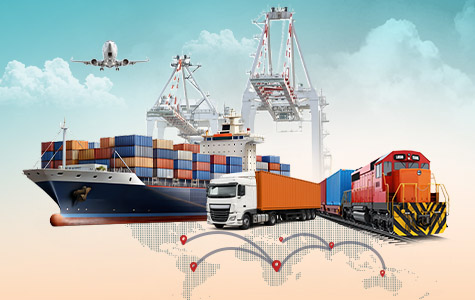

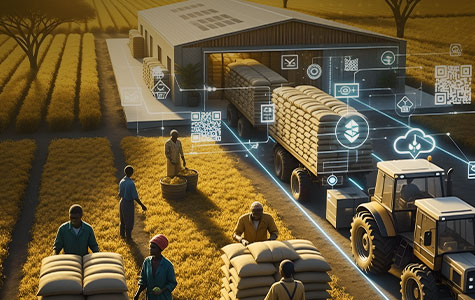

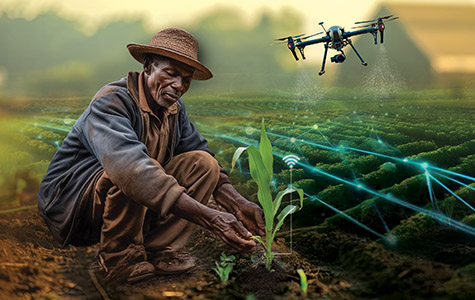



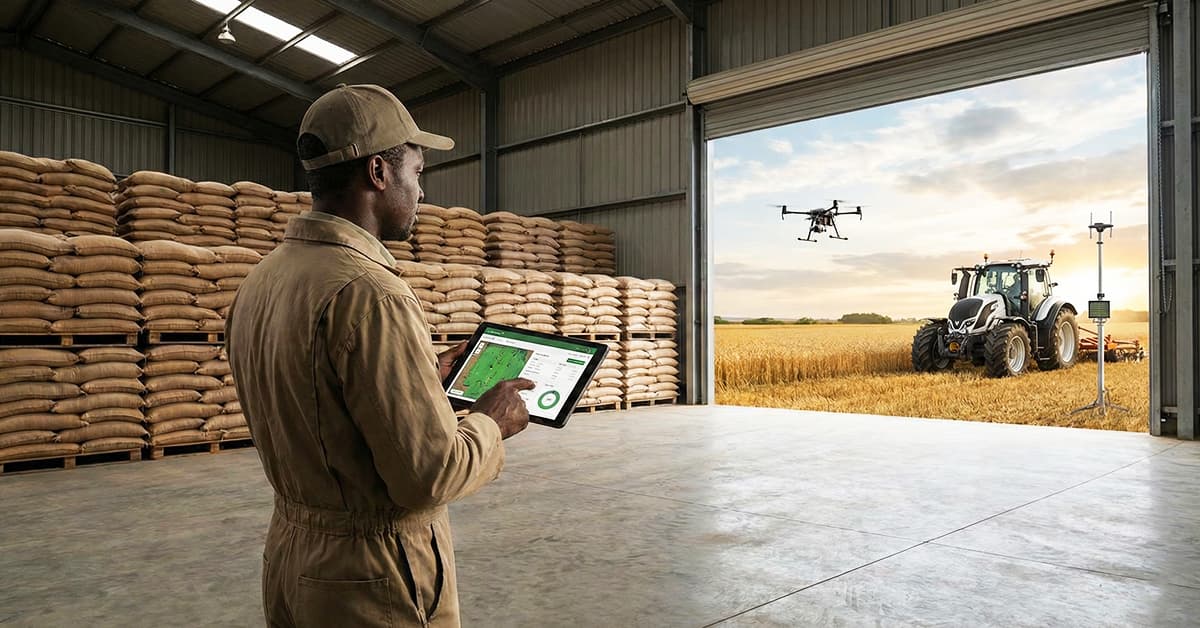












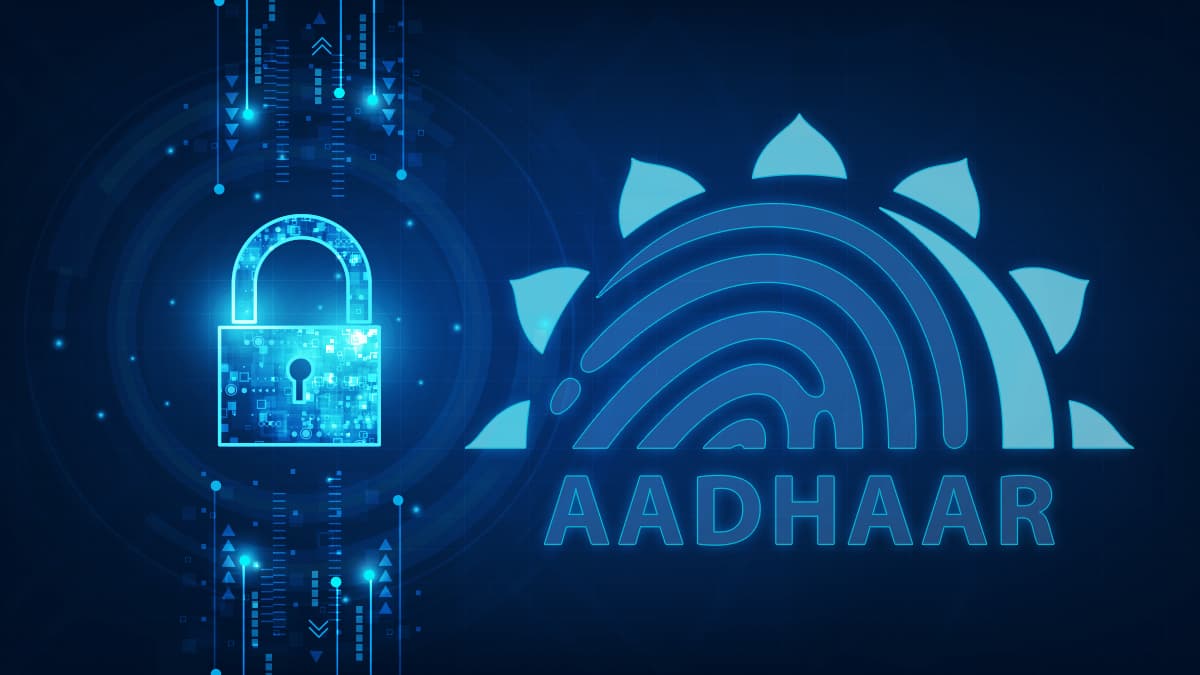
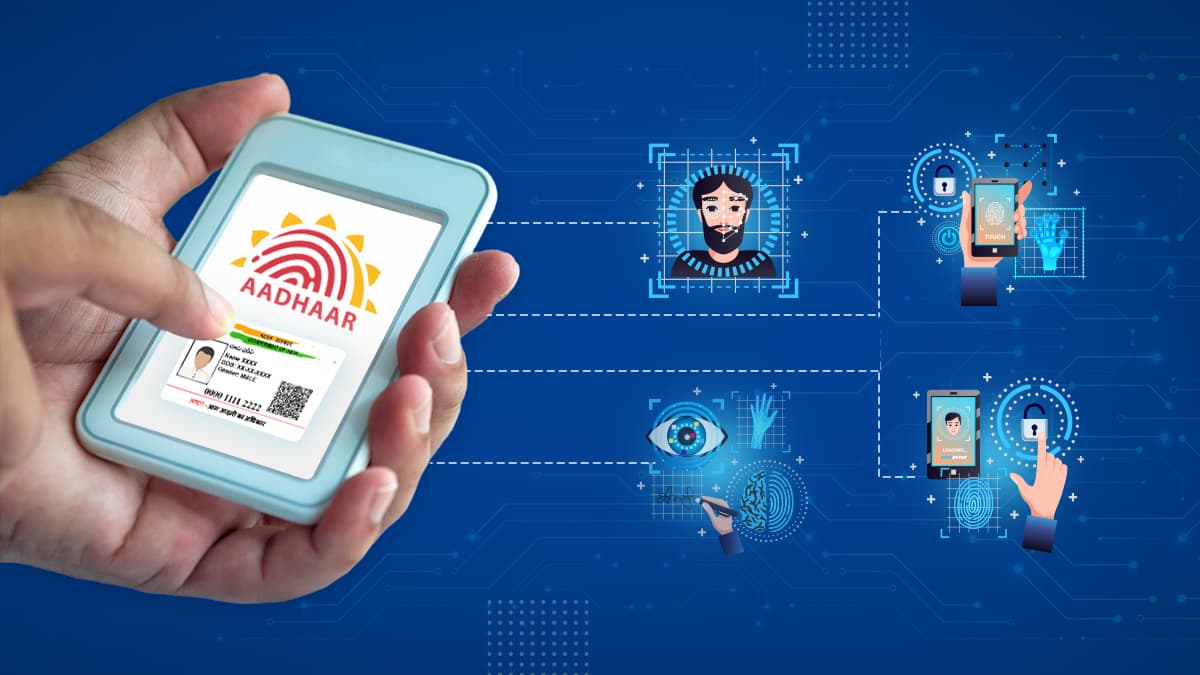
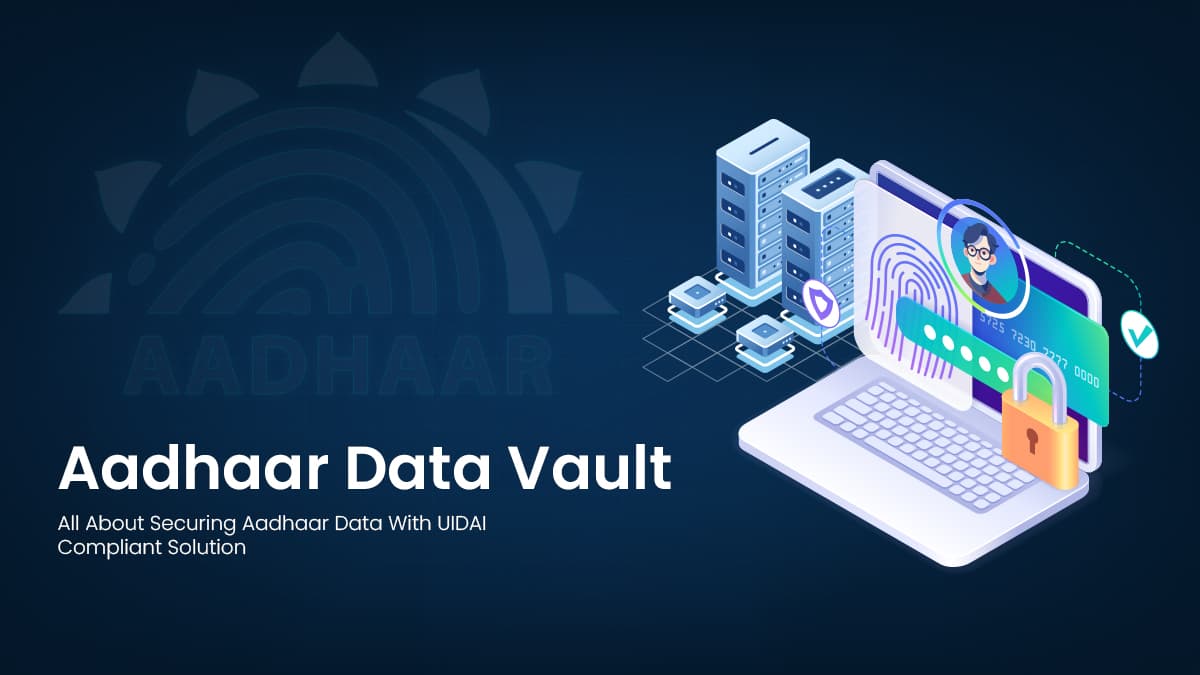



We will verify and publish your comment soon.